The panel of judges in the Viet A trial determined that it was necessary to prosecute, bring the 38 defendants to trial and impose strict penalties on each defendant corresponding to each crime. This was to punish individuals whose actions went against the interests of the State and the people, and to fight and prevent crime in general.
However, the panel also considered leniency, clemency and special clemency for defendants who performed urgent epidemic prevention tasks without benefiting or benefiting insignificantly.
Before the court announced the verdict on the afternoon of January 12, the representative of the People's Procuracy made a surprising request. Regarding the defendant Nguyen Thanh Danh (former Director of the Binh Duong CDC), the representative of the People's Procuracy considered that Mr. Danh did not seek personal gain, so he requested the panel of judges to consider exempting this defendant from criminal liability.
Previously, the representative of the People's Procuracy proposed that the People's Court sentence Mr. Danh to 10 months and 4 days in prison (equal to the detention period) for the crime of violating bidding regulations causing serious consequences.
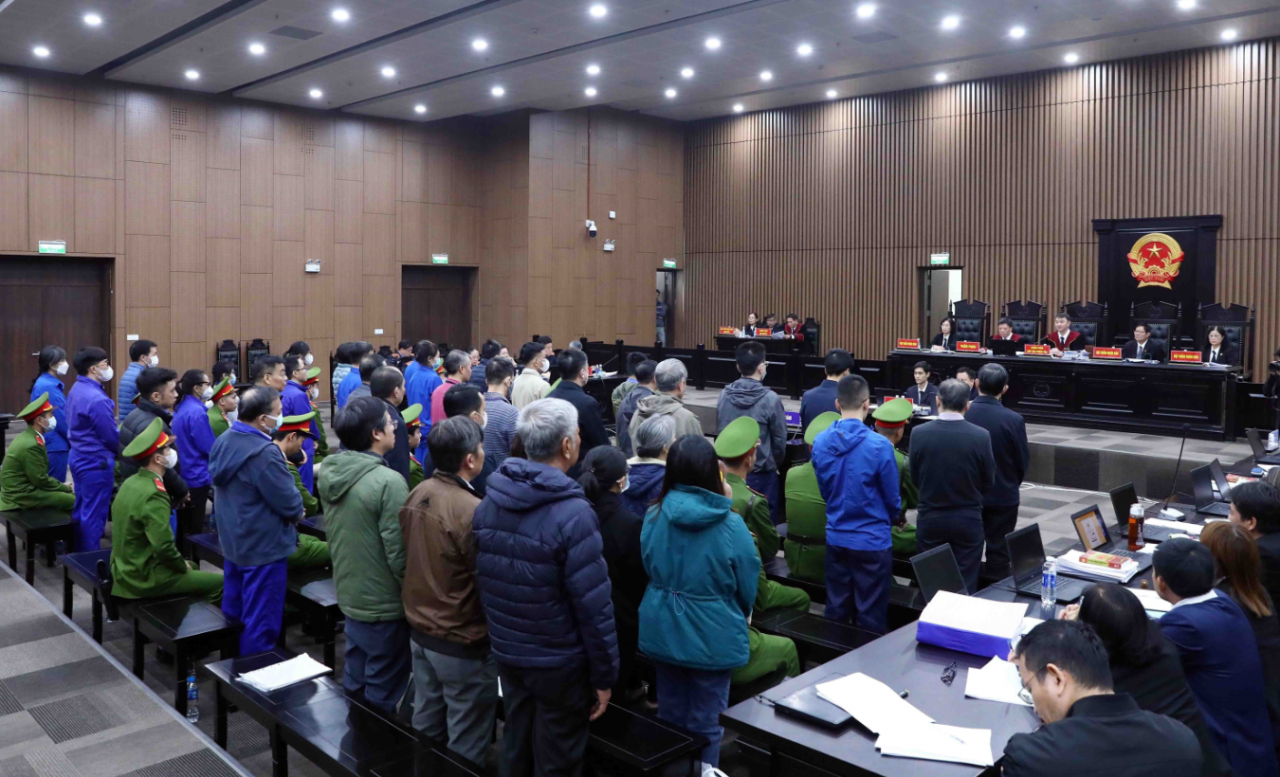
After consideration, the People's Court decided to apply a special leniency policy, exempting the former Director of CDC Binh Duong from criminal liability.
According to the jury, although the defendant could have retired early, when requested, Mr. Danh stayed to join the Binh Duong CDC in the fight against the Covid-19 epidemic. As the leader of the Binh Duong CDC, the defendant was fully aware that his actions were violations and could be prosecuted, but he "dared to think, dared to do", for the health and lives of his compatriots. The defendant did not seek personal gain.
The defendant repeatedly refused to receive money and thank-you gifts from Viet A Company and also warned subordinates not to contact or accept thank-you gifts.
Lawyer Nguyen Thanh Cong, who defended defendant Danh, said that the former director of CDC Binh Duong is an "Excellent Doctor" who has received many certificates of merit from the President, Minister of Health, People's Committee of Binh Duong province, and other departments and agencies.
In 2020, Mr. Danh was awarded a certificate of merit by the Minister of Health for his achievements in preventing and fighting the Covid-19 epidemic. Notably, also in 2020, Mr. Nguyen Thanh Danh was one of 10 people awarded the title of "Outstanding Citizen" of Binh Duong province.
Defendant Danh's lawyer said that the former Director of CDC Binh Duong's actions were wrong, but originated from complying with the direction and policies of the Department of Health and the Steering Committee for Epidemic Prevention of Binh Duong province, not proactively, voluntarily, and certainly not intentionally committing a crime.
CDC Binh Duong is an enforcement and compliance unit, so it is necessary to determine the level of crime with limits and dependence. According to the lawyer, the defendant Danh's mistake lies in the fact that he should have opposed the policy and direction of his superiors to properly implement the law on bidding, not to carry out legalization documents to be determined as a violation.
How is the detention period of Mr. Nguyen Thanh Danh calculated?
Speaking with VietNamNet reporter, Dr. and lawyer Dang Van Cuong said that according to the law, the defendant's detention and temporary detention period will be offset against the prison sentence and non-custodial reform period.
However, in cases where the defendant is exempted from criminal liability by the court, this detention period will not be calculated for compensation. If the court declares the defendant not guilty, the detention period will be the basis for calculating the compensation for damages due to wrongful imprisonment.
According to lawyers, the nature of criminal exemption is that the defendant has violated the law, the behavior constitutes a crime, but due to the lenient policy, due to the principle of differentiation and classification, he is exempted from criminal liability, not that he is innocent.
Therefore, the process of investigation, prosecution, trial, application of preventive measures and coercive measures is not wrong and is not compensated.
Dr. Dang Van Cuong analyzed: Article 29 of the 2015 Penal Code stipulates cases of exemption from criminal liability. Accordingly, a criminal is exempted from criminal liability when there is one of the following grounds:
When conducting investigation, prosecution, and trial, due to changes in the situation, the offender is no longer dangerous to society;
During the investigation, prosecution, and trial, the offender suffers from a serious illness that makes him no longer a danger to society;
Before the crime is discovered, the offender confesses, clearly states the facts, effectively contributes to the discovery and investigation of the crime, tries to minimize the consequences of the crime and makes great achievements or special contributions, recognized by the State and society;
A person who commits a serious crime unintentionally or a less serious crime that causes damage to the life, health, honor, dignity or property of another person but voluntarily repairs, compensates for the damage or overcomes the consequences and is voluntarily reconciled and requested to be exempted from criminal liability by the victim or the victim's legal representative.
Source


![[Photo] Mass parade to celebrate 50 years of national reunification](https://vphoto.vietnam.vn/thumb/1200x675/vietnam/resource/IMAGE/2025/4/30/825e459ee2f54d85b3a134cdcda46e0d)
![[Photo] "King Cobra" Su-30MK2 completed its glorious mission on April 30](https://vphoto.vietnam.vn/thumb/1200x675/vietnam/resource/IMAGE/2025/4/30/5724b5c99b7a40db81aa7c418523defe)
![[Photo] The parade took to the streets, walking among the arms of tens of thousands of people.](https://vphoto.vietnam.vn/thumb/1200x675/vietnam/resource/IMAGE/2025/4/30/180ec64521094c87bdb5a983ff1a30a4)

![[Photo] Panorama of the parade celebrating the 50th anniversary of the Liberation of the South and National Reunification](https://vphoto.vietnam.vn/thumb/1200x675/vietnam/resource/IMAGE/2025/4/30/affbd72e439d4362962babbf222ffb8b)



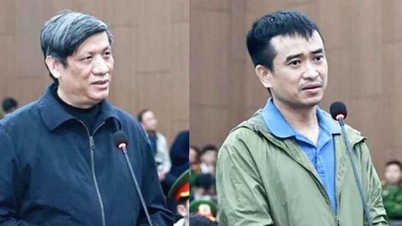



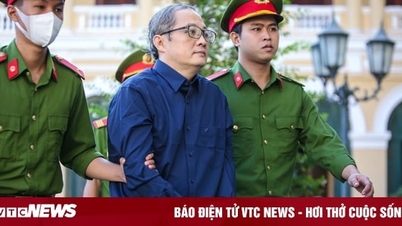



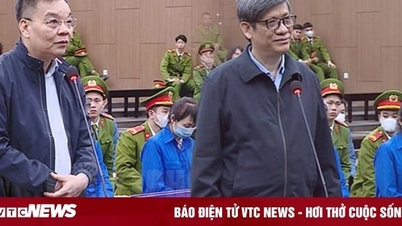

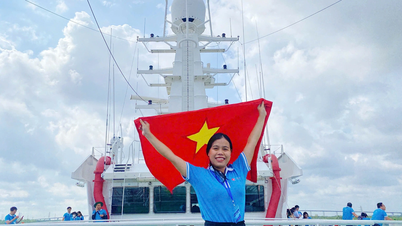


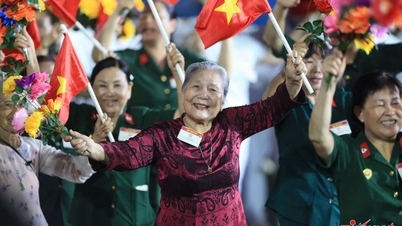
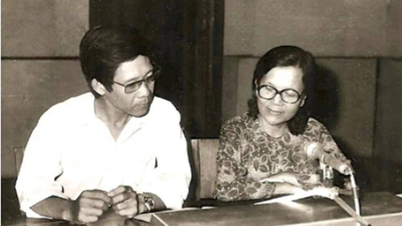




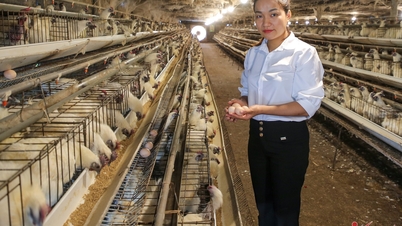




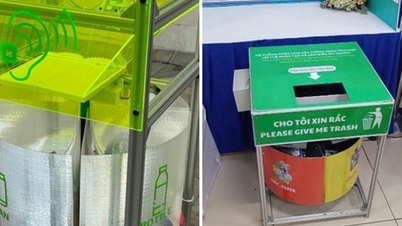




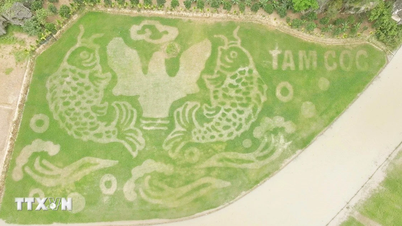







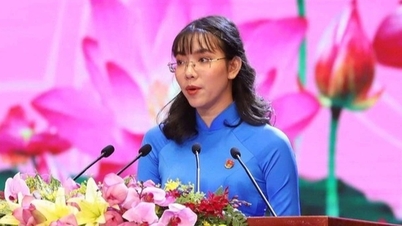































![[Photo] Soldiers work through the holidays to help people build houses in Sang Ma Sao](https://vphoto.vietnam.vn/thumb/402x226/vietnam/resource/IMAGE/2025/4/30/717906518e374fbeb2001b711cc964e6)




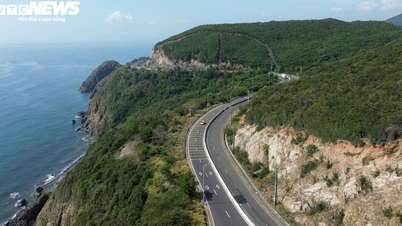














Comment (0)